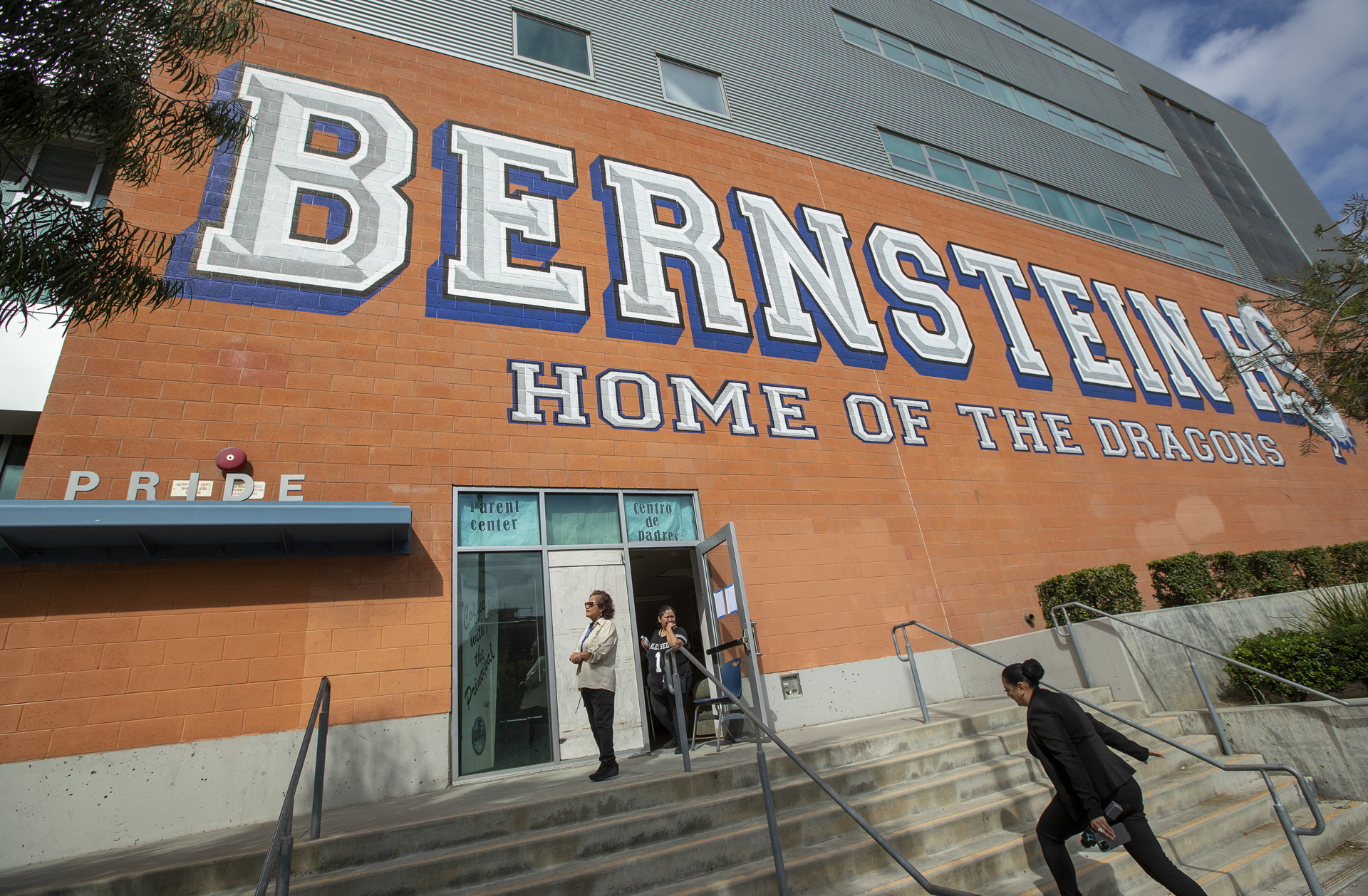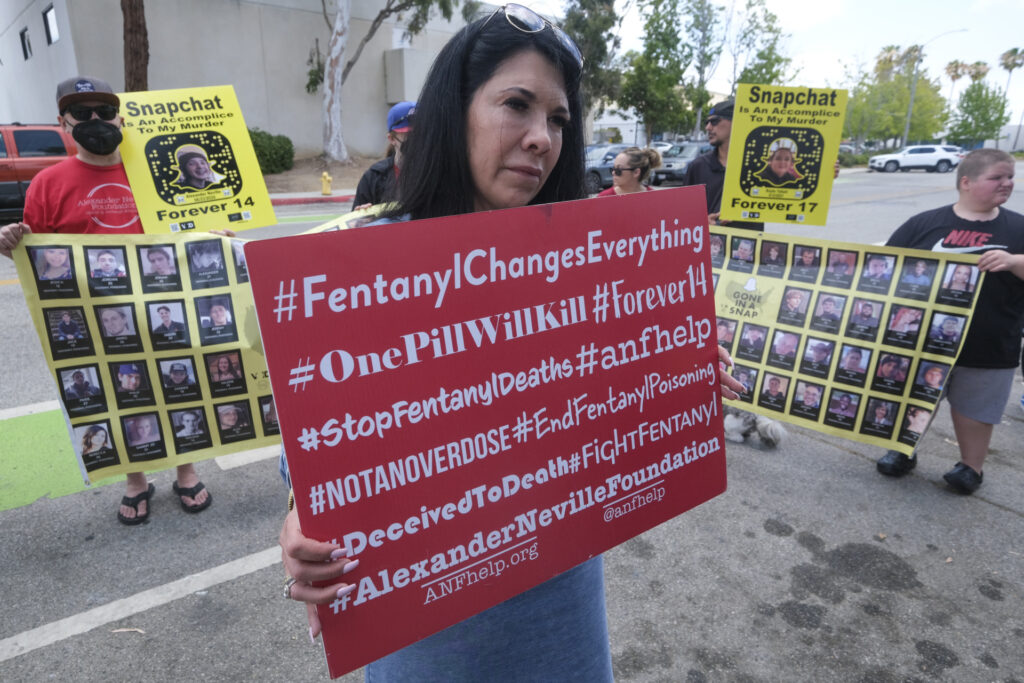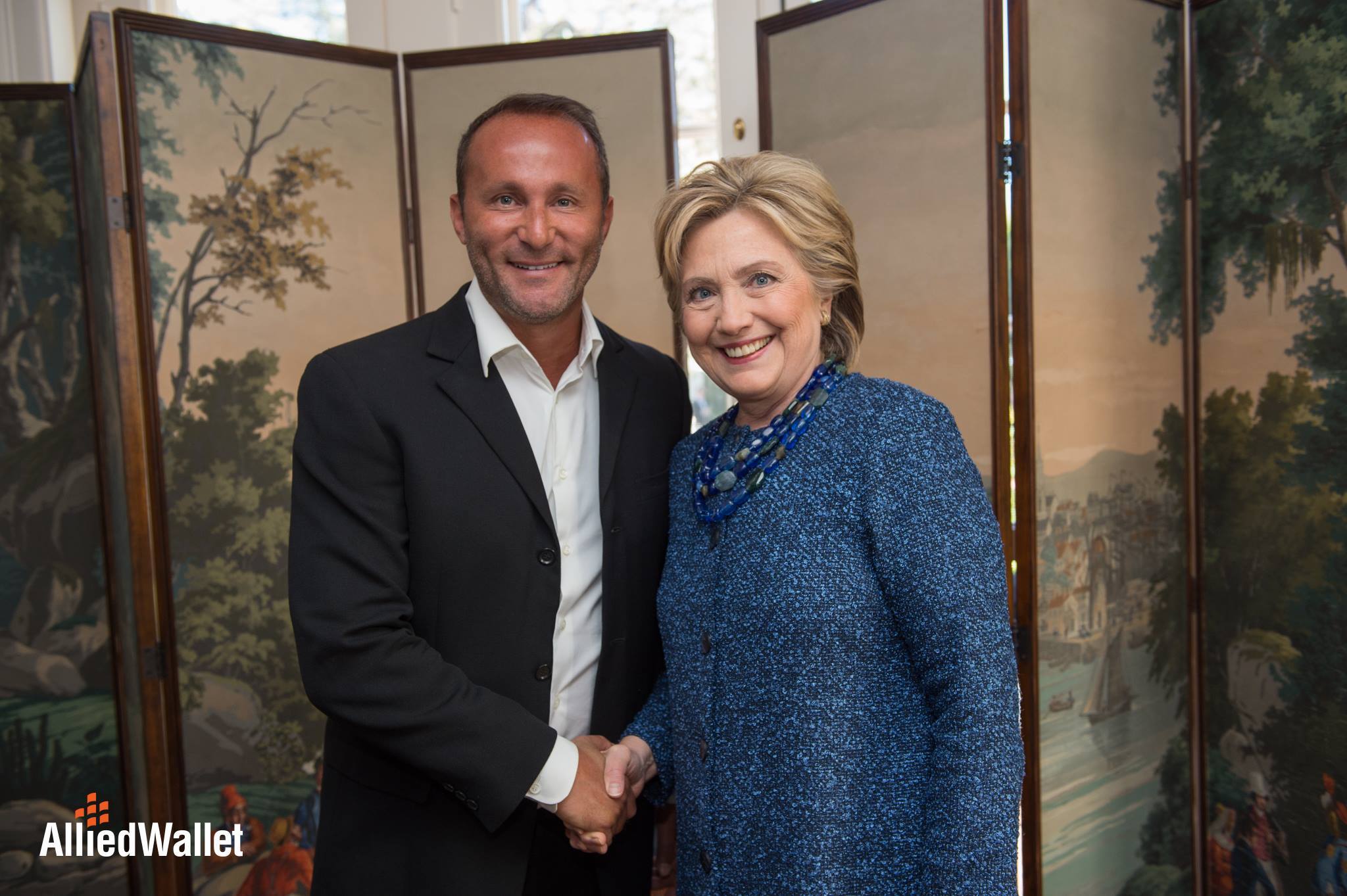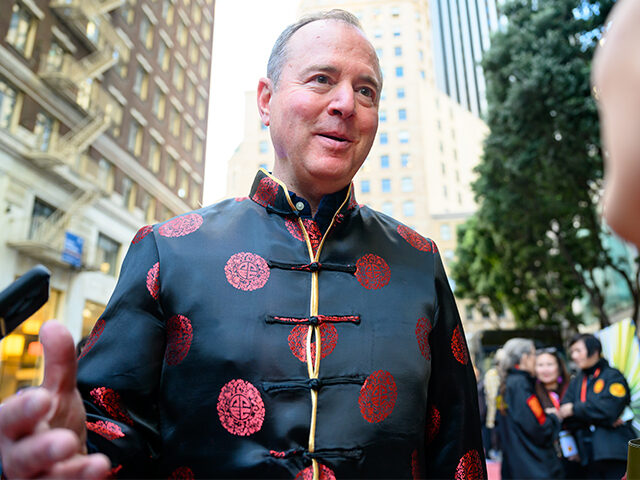Rep. Adam Schiff (D-CA), who has been strikingly absent from the national fentanyl conversation, has “financial connections to individuals involved with criminal networks in Southern California, many of whom are tied to money laundering and the drug trade,” according to Peter Schweizer’s new book Blood Money: Why the Powerful Turn a Blind Eye While China Kills Americans.
In Blood Money, Schweizer highlights Schiff’s astonishingly empty record regarding the fentanyl crisis before suggesting that the congressman could potentially risk “undue attention to his own financial” ties if he were to address the issue meaningfully.
Schiff, who is running for U.S. Senate, represents California’s 30th Congressional District, which includes Burbank, Hollywood, Glendale, and Pasadena. Schweizer notes that the fentanyl crisis is rampant in upscale Burbank where at least seven high school students had overdosed on the deadly synthetic opioid in 2022 alone. Now, schools in the Burbank Unified School District are required to carry naloxone in the event of overdoses. The effects in the city have been far-reaching.
“In 2022, two men were arrested in Burbank with a hundred thousand counterfeit oxycodone pills laced with fentanyl,” Schweizer notes. “Nineteen-year-old TikTok influencer Cooper Noriega was found dead in a Burbank park with fentanyl in his system.”
Moreover, the Los Angeles area saw fentanyl deaths skyrocket “by a stunning 1,208 percent from 2016 to 2022,” Schweizer reports.

People are photographed outside the parent center at Helen Bernstein School on Wilton Place in Los Angeles, California, where a 15-year-old girl was found dead in the girls bathroom, and another 15 year old girl and a teenage boy were taken to a hospital. All were victims of fentanyl overdoses. (Mel Melcon/Los Angeles Times via Getty Images)

Demonstrators protesting to the sale of illegal drugs on Snapchat participate in a rally outside the company’s headquarters to call for tighter restrictions on the popular social media app following fatal overdoses of fentanyl in Santa Monica, California, on June 13, 2022. (RINGO CHIU/AFP via Getty Images)
However, during Schiff’s tenure as House Intelligence chair during the 116th and 117th Congresses, the committee “did nothing” to address the issue of fentanyl, according to Blood Money.
“If you go to the Intelligence Committee’s webpage that describes its work under his tenure, the word ‘fentanyl’ yields no results,” Schweizer reveals. “That is to say, the Intelligence Committee under his leadership, by its own account, did nothing on a topic that the Obama administration had declared a threat to our national security in 2017. A search of Schiff’s congressional webpage yields a lone mention of ‘fentanyl,’ a brief reference to a single piece of legislation.”
“Voters in his district have noticed the silence,” Blood Money states. Conversely, the bestselling author, who has repeatedly exposed corruption at the uppermost echelons of society, emphasizes that “Schiff was outspoken on the far, far less dangerous outbreak of monkeypox, demanding more action on a vaccine, even though it has killed no one in the United States at the time of this writing.”
The latest data available from the Centers for Disease Control and Prevention (CDC) shows that a reported 73,686 overdose deaths from synthetic opioids alone occurred in the United States between September 2022 to September 2023. The figure excludes deaths from methadone.
“Why Congressman Schiff has little to say about the deadly fentanyl crisis is an abiding mystery,” Schweizer writes. “Part of the reason may be that raising the issue might cause undue attention to his financial connections to individuals involved with criminal networks in Southern California, many of whom are tied to money laundering and the drug trade.”
Allied Wallet – a “sketchy firm” that “was tied to money laundering, with a major footprint in China” – made one of the top donations to a joint fundraising committee that Schiff established with then-Sen Barbara Boxer (D-CA) in 2017 called PAC for a Change, Schweizer alleges. The $95,000 contribution from the company – which “made money processing credit card payments” for clients described as “‘high risk’ online retailers that traditional financial institutions avoid” – was followed by donations from individual company executives to Schiff’s Congressional campaign, according Schweizer’s Blood Money. One donation came from the company’s head, Andy Khawaja, a dual U.S. and Lebanon citizen who would be embroiled in a federal investigation.
“Schiff’s congressional campaign took in at least $36,000 in donations from executives at Allied Wallet,” Schweizer notes. “Another $16,100 came from Khawaja, and two additional $10,000 contributions came from two other executives of the company. While Schiff was accepting those donations, it was publicly known that Allied Wallet had been under FBI investigation. It was not the first time: in 2010, Allied Wallet had been forced by federal authorities to forfeit $13 million for its involvement in an illegal gambling scheme.”
Schweizer states that Khawaja was seeking “political access,” and with Schiff, he “clearly gained” it.
“At the time Schiff accepted donations from the executives, the company was being investigated for its ties to ‘illegal pharma’ companies around the world. Khawaja threw a lot of money around, clearly in search of political access,” Schweizer writes. “During the 2016 presidential campaign, he first backed Hillary Clinton and then switched to Donald Trump. In the case of Schiff, he clearly gained access. On October 16, 2016, Khawaja and Schiff sat down for a private meeting with Saudi prince Salman bin Abdulaziz Al Saud in Beverly Hills.”

A 2018 photo of Andy Khawaja, CEO of Allied Wallet (Business Wire)

Allied Wallet CEO Andy Khawaja meets with Hillary Clinton in December 2015. (Photo: Business Wire)
Moreover, according to Blood Money, China UnionPay – a Chinese state-owned company through which triads launder money – and Allied Wallet had a partnership.
China UnionPay, “a card brand that ‘is often seen as an arm of Chinese state policy,’” has “close ties to the CCP,” Schweizer reports. “UnionPay has been used by organized crime groups and drug traffickers all around the world, including the Chinese triads. Allied Wallet seemed to function ‘as a sort of credit card processor for fraudsters, swindlers, and rip-off artists bilking the public out of more than $100 million.'”

The China UnionPay Building is seen in Shanghai, China, on October 3, 2021. (Xing Yun/Costfoto/Future Publishing via Getty Images)
Schweizer also points out that Democrat mega-donor Ed Buck – who was convicted of two counts of distribution of controlled substances resulting in death in 2022, as Breitbart News reported – was another donor to Schiff’s campaign and was also “a social acquaintance” of the representative.
Furthermore, a “Schiff booster” and lawyer named Arthur Charchian, “the head of the Southern California Armenian Democrats,” was implicated in a money laundering scheme, according to Blood Money.
“Shortly after Schiff introduced legislation on the Armenian genocide, another Armenian, gang leader Pogos Satamyan, donated $10,000 to the Democratic Congressional Campaign Committee,” Schweizer adds.
“Openly pressing for aggressive action to deal with the Chinese-linked fentanyl networks might lead to open discussions of money-laundering networks operating in the United States and raise some difficult questions for Schiff,” Schweizer argues.
Other big donors include major Hollywood names who enjoy profits from the Chinese market. Jeffrey Katzenberg and Steven Spielberg are both longtime Schiff supporters, Schweizer points out.
Organized crime has long been prevalent in what is now the 30th Congressional District, and Armenian gangs started to grow there in the 1990s, according to reporting at the time, Blood Money notes. Schiff served as a California state senator before being elected to Congress in 2000. Schweizer writes that “some” of Schiff’s work in the California state senate “fueled financial crimes in his district.”
“One bill related to Medi-Cal created a gateway for considerable fraud, which an organized crime syndicate in his district seized upon, perpetuating the largest Medicaid fraud case in history at the time. California business leaders warned Schiff about the fraud they were witnessing, but he appears to have ignored it,” Schweizer writes. “In 2010, four hundred FBI agents executed a massive investigation and arrested seventy Armenian mobsters. The criminals ran 118 phantom clinics, many of them in Schiff’s district. The ringleader, Armen Kazarian, lived in Schiff’s district.”
In 2005, as the Armenian organized crime foothold in southern California continued to expand several years, after Schiff punched his ticket to Washington, DC, he voted against legislation in the U.S. House that would have further empowered the federal government to combat “gang violence by creating ‘an antiracketeering statute similar to the one used against the Mafia dons to prosecute criminal street gangs,’” Schweizer writes.
Blood Money, published by Harper-Collins, is available now. Schweizer, a senior contributor to Breitbart News and the president of the Government Accountability Institute (GAI), is the best-selling author of Profiles in Corruption, Clinton Cash, Secret Empires, and Red-Handed.

COMMENTS
Please let us know if you're having issues with commenting.